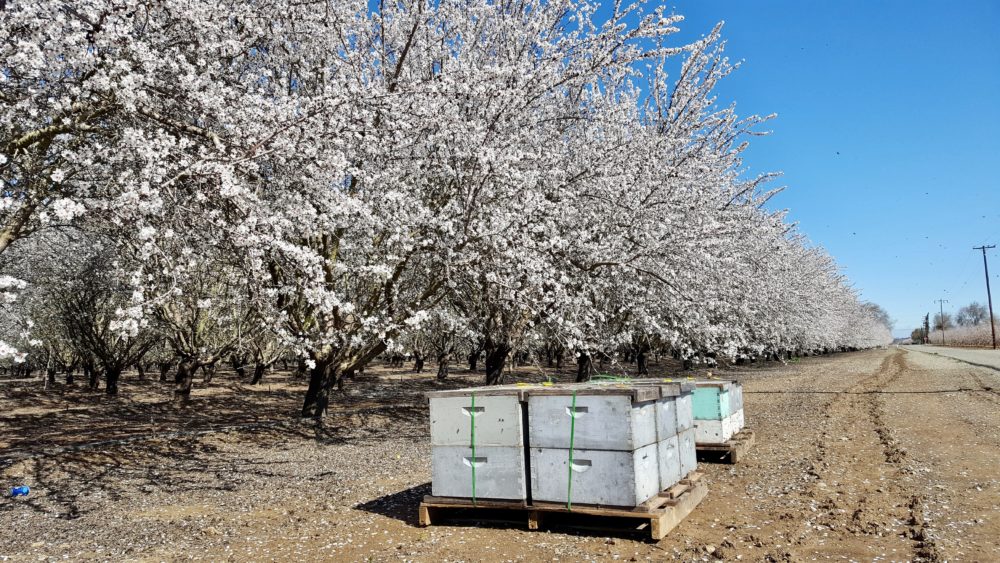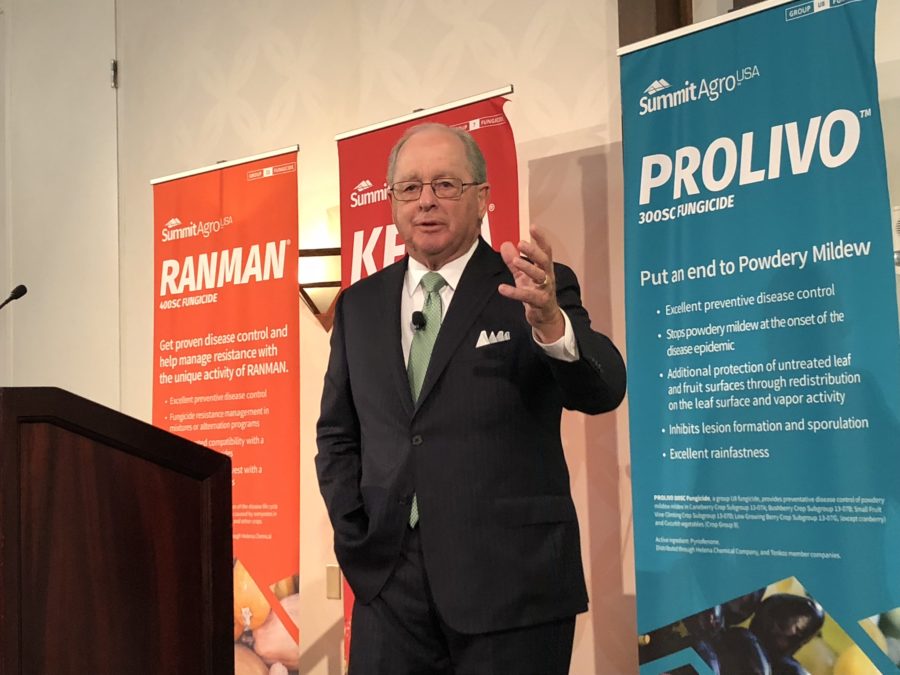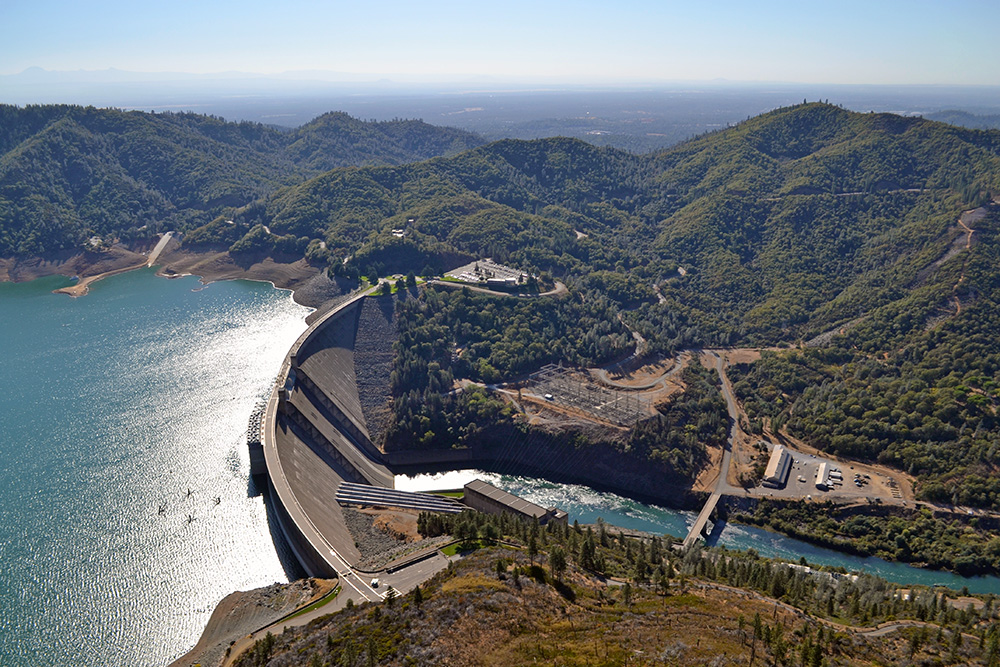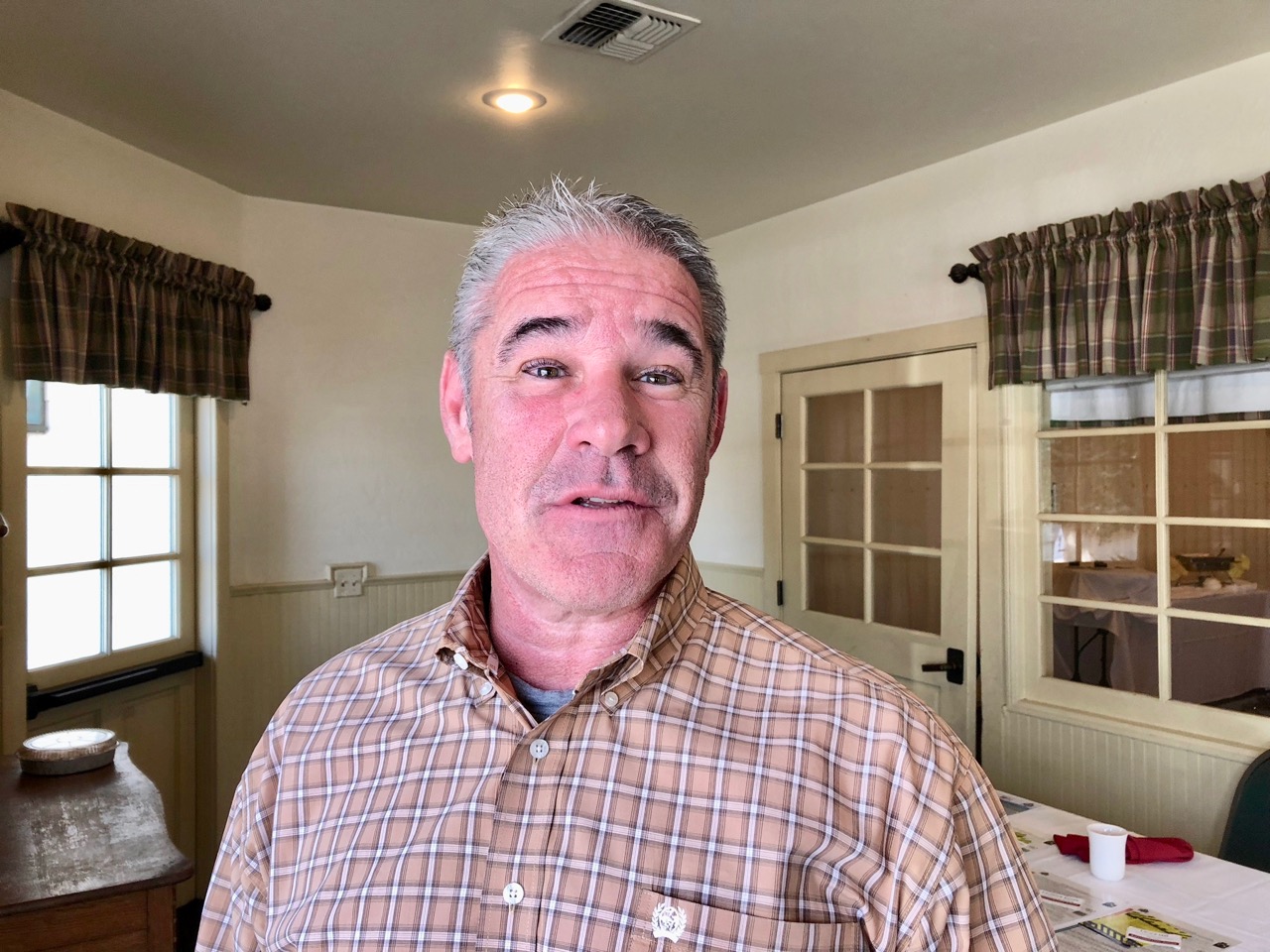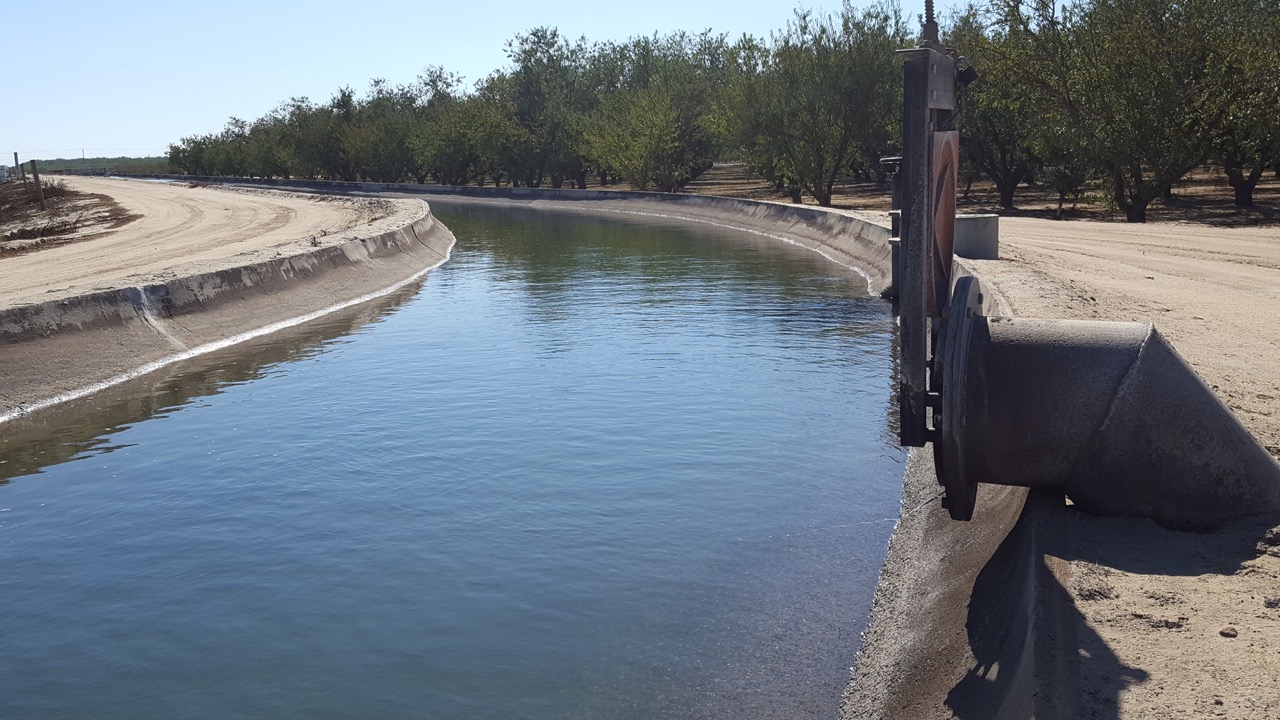More Effort in Bee Protection
The Current Bee Buzz with CAPCA CEO Ruthann Anderson
By Mikenzi Meyers, Associate Editor
With spring right around the corner, it is crucial that farmers and beekeepers are working together to ensure bee protection. Ruthann Anderson, CEO for the California Association of Pest Control Advisers (CAPCA) is adamant about the communication between the two.
Anderson has been in correspondence with Ag Commissioners to create a reliable system in response to the AB-2468 law signed last year.
“The registry will come through a few different portals, but it will all go into CalAg Permits, into their sensitive site layer,” Anderson said.
She further explained that through this layer, the applicator can access beekeepers within a mile and request information.
“That communication in the field is so important for us, especially during almond bloom, but even beyond that, it is just education of beekeepers. Helping them understand what the rules and regulations are and how they are set up to provide them the privacy they are requesting,” Anderson said.

